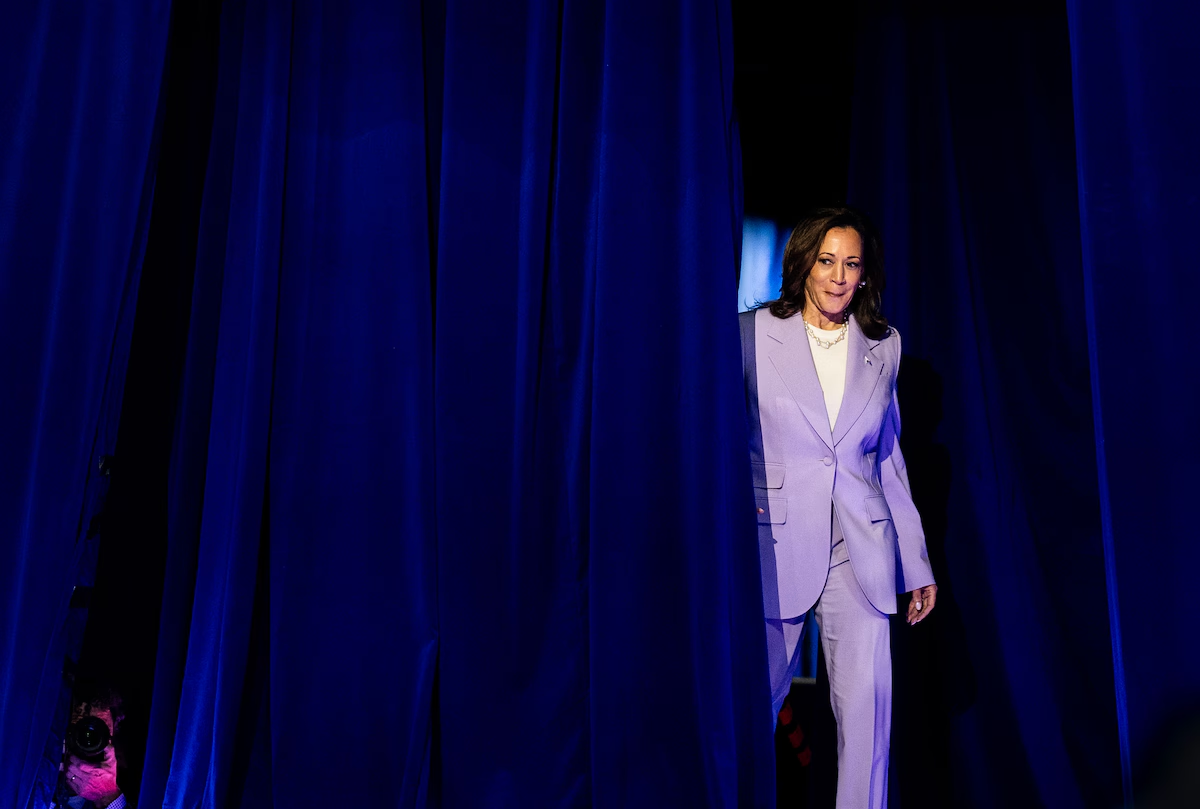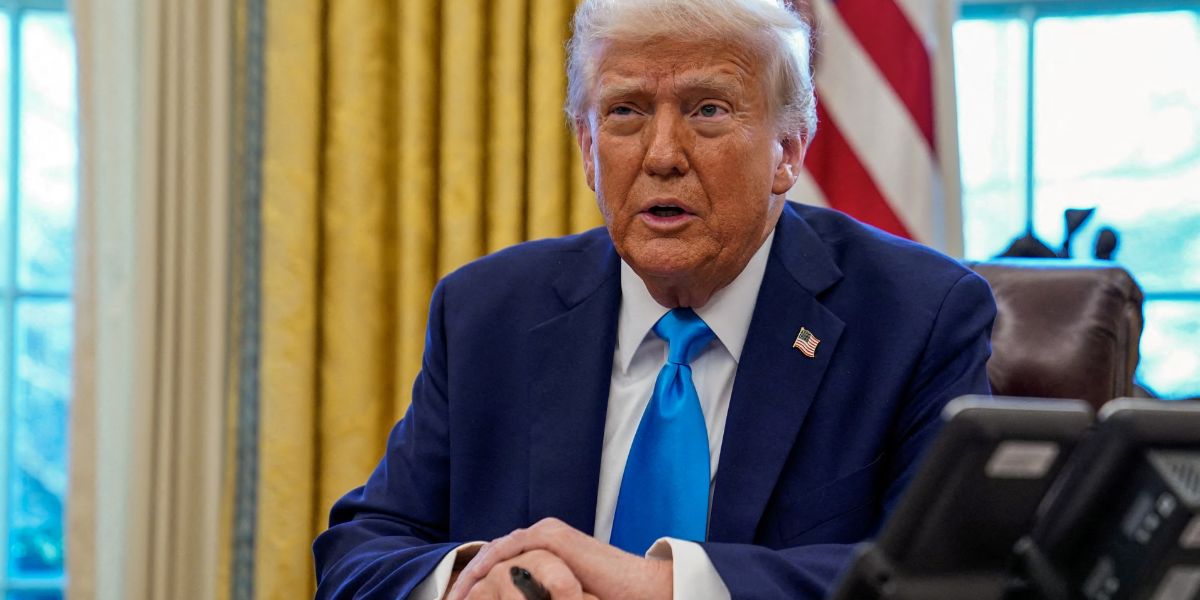In June, the idea of eliminating federal taxes on tips unexpectedly gained traction when former President Donald Trump announced his support for a waitress’s suggestion at a Nevada rally. Under current law, tips are treated like regular wages for tax purposes. Vice President Kamala Harris echoed a similar sentiment at a Nevada rally, signaling a rare agreement between the two politicians. However, experts argue that this proposal might not significantly benefit workers.
The political appeal of this proposal is evident in Nevada, where over 300,000 people work in the leisure and hospitality sector, the state’s largest employer. Average hourly earnings in these jobs are lower than the national average and other industries within Nevada, making the idea of tax-free tips especially attractive to many workers. Since Trump brought this proposal into the spotlight, it has gained support, with Senate Republicans introducing a bill to formalize it, and Nevada’s Democratic senators quickly backing it.
Harris’s endorsement of the tax cut is seen by some Democratic strategists as a move to neutralize Trump’s advantage and maintain the support of key unions, such as the Culinary Workers Union, which represents 60,000 workers in Las Vegas and Reno. This union’s backing could be crucial in the upcoming election.
However, many economists are skeptical about the practical impact of this policy. The nonpartisan Committee for a Responsible Federal Budget (CRFB) estimates that eliminating federal taxes on tips could cost the government at least $10 billion to $15 billion annually in lost tax revenue. Despite the potential cost, the change might not benefit the majority of low-income Americans. Tipped workers, including hairdressers, bartenders, and restaurant servers, make up less than 3% of the U.S. workforce. Among low-wage workers, only 5% earn tips, with tipped workers more likely to be teenagers and young adults under 25.
According to Howard Gleckman, a senior fellow at the Tax Policy Center, there is no strong economic argument supporting the idea of exempting tips from federal taxes. He questioned the fairness of such a policy, asking why a warehouse worker earning the same amount as a restaurant server should pay more taxes on their income.
The Yale Budget Lab’s analysis found that 37% of tipped workers already don’t pay federal income tax because they earn too little, meaning they wouldn’t benefit from this exemption. Additionally, some economists warn that the policy might harm workers by making them ineligible for the earned income tax credit or reducing their Social Security benefits. Harris has specified that workers would still owe payroll taxes under her plan, but Trump has not clarified whether his proposal includes exempting tips from payroll taxes for Social Security and Medicare.
Despite the criticisms, Trump’s advisers argue that eliminating taxes on tips has several advantages. Stephen Moore, an economist at the Heritage Foundation and a Trump economic adviser, pointed out that reporting tips on tax returns is burdensome for workers. Additionally, tips are often underreported to the IRS, so workers might benefit from keeping more of their earnings. Trump’s team also believes this policy could be a political winner with blue-collar workers, helping to secure votes from those in the service industry.
White House Press Secretary Karine Jean-Pierre has stated that President Joe Biden would “absolutely” sign legislation ending taxes on tips. Harris’s support for the idea aligns with her broader campaign themes of “tax fairness” and outreach to working-class voters. Her campaign has indicated that she would limit the tax exemption for tips to certain industries and workers below a specific income threshold.
As Congress prepares to write new tax legislation next year, when much of the 2017 tax cuts are set to expire, the debate over taxing tips will likely intensify. While Harris aims to let the cuts expire for the wealthiest individuals and large corporations, Trump wants to maintain all the tax cuts and further lower the corporate tax rate. Currently, neither Trump’s nor Harris’s campaign has provided detailed comments on the record for this proposal.
In 2018, more than 6 million workers paid taxes on $38 billion worth of tips, averaging over $6,000 in earnings per worker who reported their tips. While taxes on tips have a relatively small impact on the federal budget, the CRFB estimates that Trump’s proposal could cost the government at least $150 billion over a decade, while Harris’s version might cost around $100 billion.
There is also concern that exempting tips from taxes could encourage a shift in compensation from regular wages to tips, further complicating the issue. Brendan Duke, an economic policy expert at the Center for American Progress, warned that the way the law is written will be crucial in preventing income from being reclassified as tips to avoid taxes.
While Nevada’s powerful hospitality workers union supports the idea, some labor advocates criticize it as a superficial solution to the financial struggles of service workers. Saru Jayaraman, president of One Fair Wage, called the proposals from both Harris and Trump a “superficial attempt” to address the affordability crisis faced by service workers.
The response from service industry workers has been mixed. Amy Burke, a bartender in New Orleans, expressed enthusiasm about the idea of not paying taxes on her tips, saying it would significantly increase her take-home pay. However, she also expressed skepticism, noting that politicians often make promises to get elected but fail to follow through once in office.
Also Read:
- No More Income Taxes? Trump’s Proposal and Its Impact on Your Home Buying Power
- Kamala Harris Chooses Tim Walz as Running Mate to Strengthen Midwestern Support
Katie Giede, a server at Waffle House in Georgia, acknowledged that eliminating taxes on tips would be helpful, but she also wished policymakers would focus on bigger issues like ensuring fair wages. Giede pointed out that even with tax-free tips, many servers would still struggle to make ends meet without holding multiple jobs. She emphasized that resources should be directed toward ensuring companies pay fair wages instead of relying on customers to supplement workers’ income with tips.




